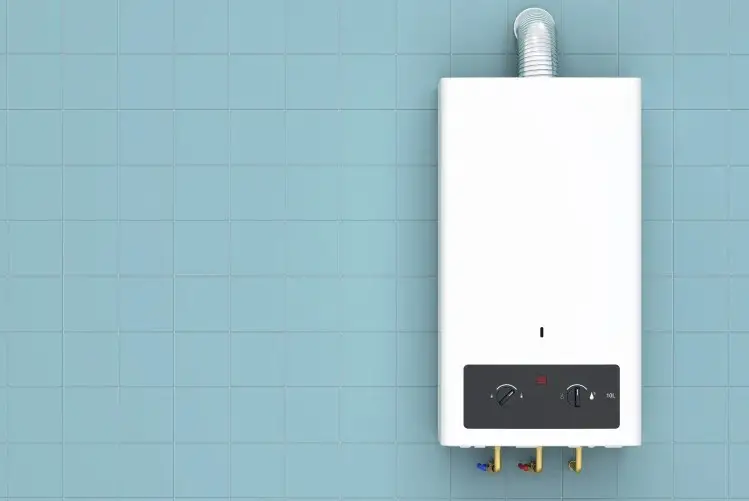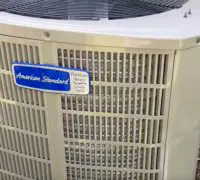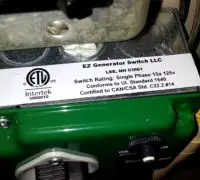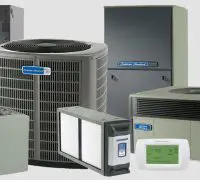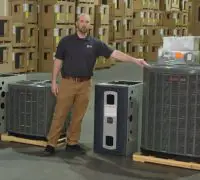If you're looking to fix or replace your Heating or A/C system, we can connect you with a reliable and cost-effective professional in your area.
For quite some time now, tankless water heater manufacturers have stated that the units can save 30-50% on the electric bill. However, people working in the industry discovered that an electric tankless water heater could only save you around $30 per year on electricity. Most electric tankless water heaters require at least 120amp for running, whereas the capacity for most households is 200amps.
Page Table of Contents
What’s to know before you go shopping?
In order to be able to run an electric tankless water heater in your home, you would have to upgrade the electrical system so that it can take the more considerable load demand. Moreover, the electric tankless water heater needs special equipment at the meter base, which can go as high as $2000.
Even if the electric tankless water heaters are the best option when gas isn’t available, the initial investment is significant, and you need to give it a good though.
On top of everything else, a traditional water heater with tanks has become more energy-efficient, and some present a .94 energy factor, which is impressive.
How much power does a tankless water heater typically need?
Even if gas-fired tankless water heaters also use electricity for the ignition and the computerized controls, their power requirements aren’t as high as with the electric models.
Electric tankless water heaters do need pricey and essential upgrades in the system nine times out of ten. For instance, you need an electrical load of 28,000 watts for an electric unit with four 7,000-watt elements. The extra charge needs at least 120amps, and we should remind you that most homes have a 200amps full capacity. You will not be able to run the tankless water heater unless you upgrade.
Every time you will tap the hot water, the tankless water heater will apply the power it needs for raising the temperature of the water to the output temperature. For instance, at 0.5GPM through the tank, it will only need 1/5 as much power as when it goes through the system at 2.5GPM.
The electric tankless water heater is an impressive intermittent power load, unlike many appliances in your home. A typical tank would need 4.5kw for several minutes, with 30-50kw required in the heat leaving the tank. However, the power input into the tank is always lower than 4.5kW.
Truth be told, tankless water heaters don’t need energy for storing as they have no tank, but they do need as much power as it takes right now. Otherwise, the temperature will drop off. The high power draws are slightly abusive to the distribution grid infrastructure, altering the power quality for other loads.
What we’re trying to say is that there is no perfect solution, as both tank and tankless water heaters use electricity.
Don’t forget that you also need some beefy wiring for running a 24,000W tankless water heater, but also the breakers able to take 100A@240VAC for a reasonable amount of time.
Only when the tankless water heater is the only solution (lack of space, no gas available), you should consider installing it. The standby losses of the electric tankless are lower than 2% of the total power input, whereas the tank-style heaters are lower than 8%.
Can tankless water heaters work with no electricity?
You don’t need to be rocket science to understand that electric tankless water heaters cannot work without electrical supply. Even gas and tankless propane units need some sort of electricity.
Tankless water heaters depend on the PC board and digital remote, which use electricity for power. They work as the “brain” of the water heater, identifying the water flow and activating the burner/element for giving hot water when required. Moreover, gas and propane tankless water heaters almost never use a standby pilot light nowadays, but direct electric ignition. The need for a tankless water heater is 120V AC, which is the regular power outlet in the U.S homes.
Natural gas and propane tankless water heaters don’t need much electricity and are 8-50% more effective than traditional tank-style water heaters.
Are power outages affecting the tankless water heaters in any way?
Should you live in an area where power outages occur pretty often, you may want to talk to a professional plumber about your options.
Since the electric tankless water heater uses electricity for heating water on the spot for instant use, the on-demand electric water heater cannot produce any hot water in case of a power outage.
It’s similar to the gas-fired models. Even if gas tankless water heaters don’t use electricity as fuel for heating the water, they typically feature a control panel. The panel is powered by electricity, and the gas unit cannot run without its “brains.” Therefore, even the gas-fired tankless water heater will not work in case of a power outage.
You can install a tankless water heater and water heater systems that don’t use electricity (solar water heater, for instance). There are models in which the computer elements can be powered with a battery backup. Therefore, you may still use a gas/propane-fired tankless water heater without the electricity for some time.
Regardless of the fuel of your tankless water heaters, all units rely on some electricity for powering the computer controls and ignition.
Instead of a conclusion
Tankless water heaters are the perfect choice for many households, but you should always consider all aspects before buying.
They’re a fantastic option when you don’t have a lot of storage space, or you’re not using hot water all day long. It seems that people use hot water for just one hour in a day, so a tankless water heater only running on-demand doesn’t seem so bad.
Even if gas-fired models only need electricity for the computer control and the ignition, the power requirements aren’t high.
It’s an entire situation for the electric models, though. Not only that, they put some pressure on the electrical system when you’re tapping the hot water, but they also may lead to costly upgrades for the electrical system in your home. Even so, you will only need electricity when tapping the water, and not 24/7 like in the case of traditional methods with tanks — still thinking?
We can definitely connect you with a trusted provider in your area to repair, replace or maintain your heating and A/C systems. Why not let us find a professional for you?
